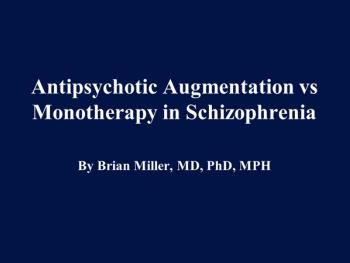
To augment or not to augment? That is the question.

To augment or not to augment? That is the question.
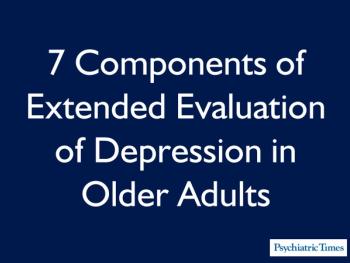
The co-occurrence of depression and cognitive impairment doubles every 5 years after the age of 70. Here we present a list of elements in a comprehensive and extended evaluation of depression in the elderly.
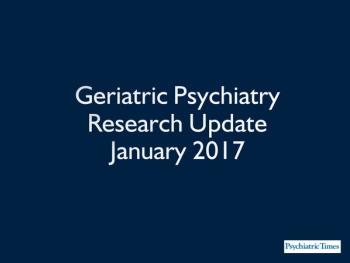
Three new studies offer insights into psychiatric disorders in the elderly.
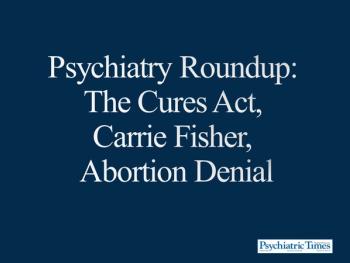
President Barack Obama’s last bill signed into law; Carrie Fisher’s legacy gives voice to mental illness; psychological outcomes of women who had abortions against those denied abortion; and other psychiatry news.
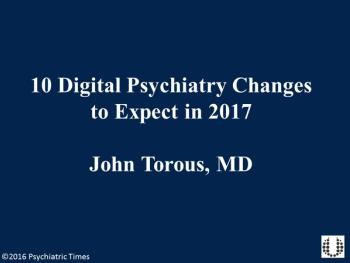
This has been a busy year for mental health technologies, but 2017 promises to bring advances never before seen in psychiatry.
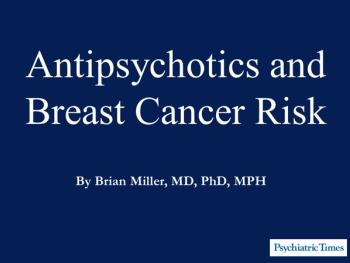
Are antipsychotics associated with an increased risk of breast cancer?
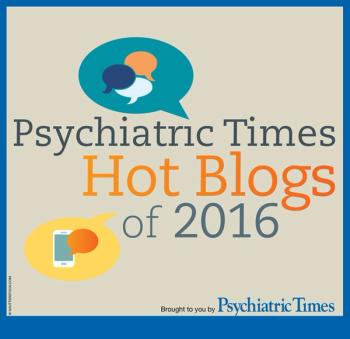
For your reading pleasure, we present noteworthy blogs published in 2016.
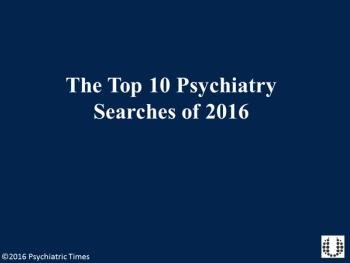
The most popular searches in Psychiatric Times during 2016. See what your colleagues are searching for and reading!
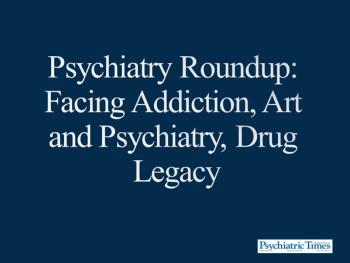
This psychiatry roundup includes important or noteworthy stories in the news, including the Surgeon General's initiative against addiction, the implementation of DSM's Continuous Improvement Model, art and psychiatry, pediatric opioid poisoning, and more.
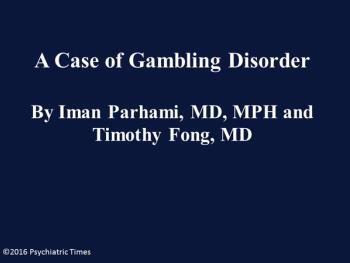
A patient is brought to the emergency department by her daughter for bizarre behavior and symptoms of mania after gambling from the casino for 48 continuous hours.
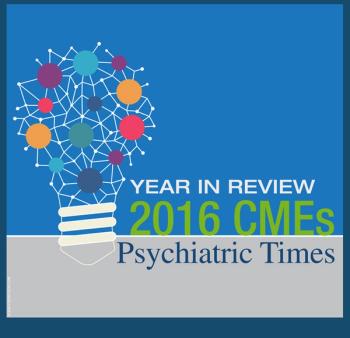
Here is a year's worth of CMEs you can take right now.
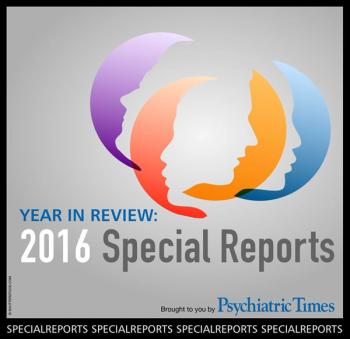
This year, we presented new and distinct reports that covered a range of clinical challenges in the treatment of psychiatric disorders.
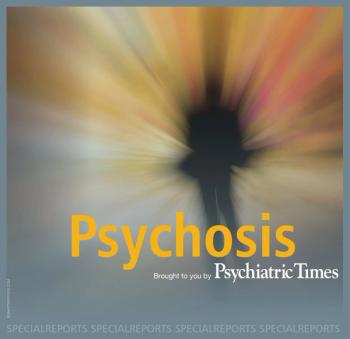
The year 2016 marks a critical time in our understanding of and approaches to treating schizophrenia spectrum disorders.
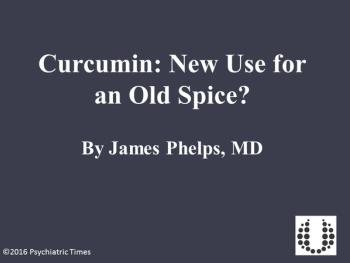
Although recent reviews caution against overenthusiasm, what if a simple, inexpensive, and extremely low-risk anti-inflammatory was at hand?
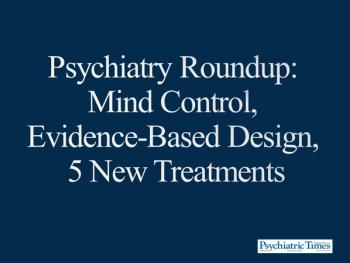
What do behavioral activation, video therapy, family constellation, ibogaine, and psychomagic have in common? These topics and more were chosen for this month's roundup.
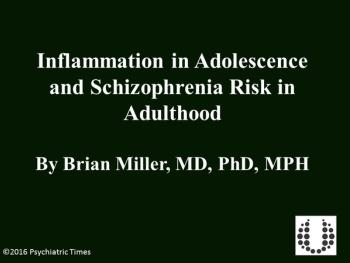
Is inflammation a cause or consequence of illness in schizophrenia?
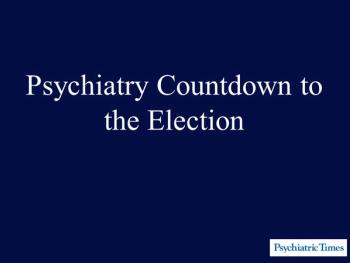
What do you have to say about the Presidential election? Here are the latest offerings from your colleagues about this historic election.
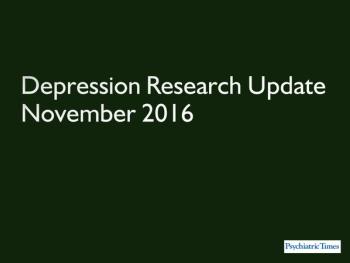
Recent studies examine placebo responses to antidepressants, the effect of SSRIs on sleep in the elderly, and the best time of day for psychotherapy sessions.
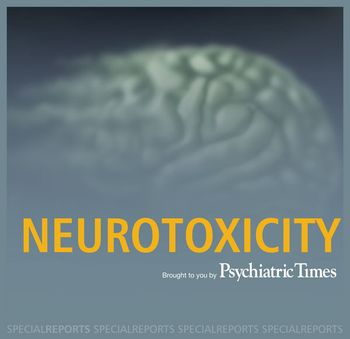
A growing body of scientific literature associates psychiatric symptoms with man-made toxic substances and environmental exposure. Practical implications for psychiatrists are discussed in this Special Report collection.
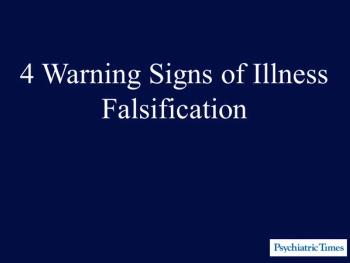
Medical, psychiatric, and/or developmental disorders can be falsified in a variety of ways. Know the warning signs often missed by clinicians.
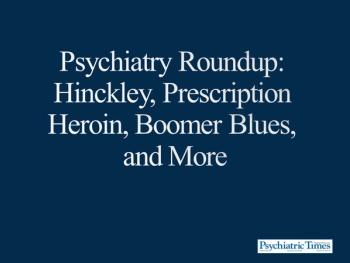
John Hinckley's release after a 35-year stint in a psychiatric facility, legalized heroin, older patients facing depression alone. These stories and more in this month's roundup.
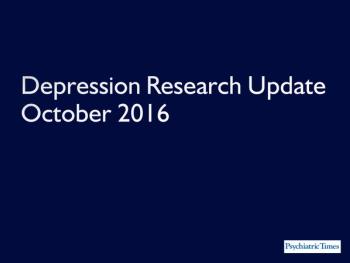
Three new studies help predict which patients with depression may not respond to pharmacotherapy and which women may become depressed during menopause.

"Everyday experiences made sacramental through magical language, depth of feeling, and wells of knowledge"–one of your peers used this description for a book he found inspiring. Can you think of more?
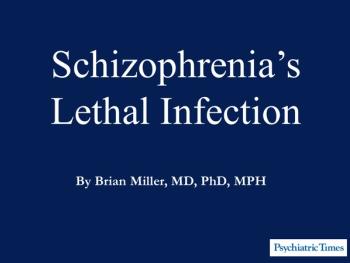
Are you aware of this newly identified risk factor for suicide?
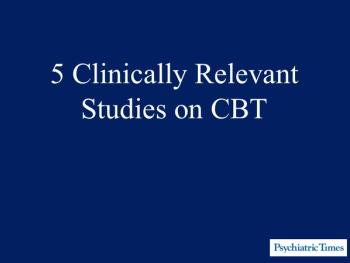
A summary of important CBT studies with the most current evidence-based information, chosen for their relevance and clinical utility.
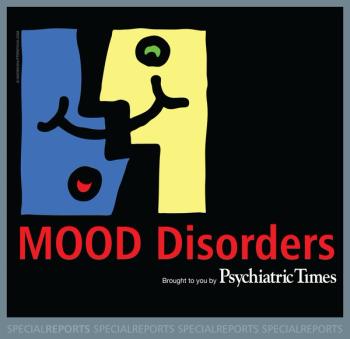
Useful information about mood disorders in 3 key areas-bipolar disorder, comorbid ADHD and depression, and suicide risk.
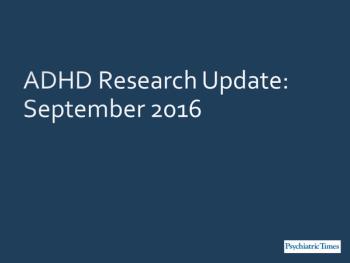
Three new studies in children with ADHD reveal an association with seizures, the benefits of after-school exercise, and brain changes linked to treatment.
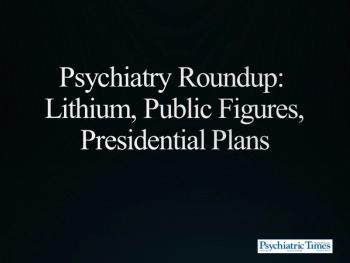
What's new in psychiatry? Check out our editors' picks with stories ranging from "lithium 2.0," the ethics of diagnosing from afar, the election, and other hot topics.
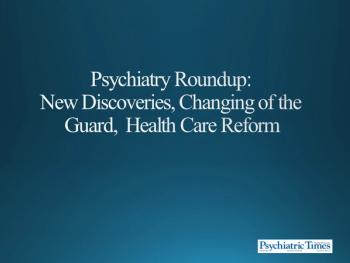
The latest news in psychiatry includes President Obama's study on the Affordable Care Act, the new Director of NIMH, a discovery of nearly a hundred brain regions, and more.
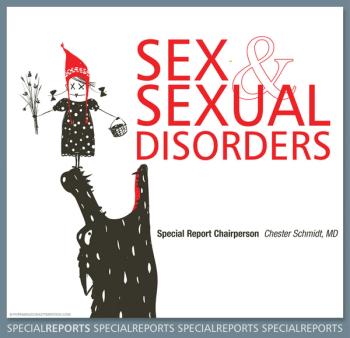
Four clinical reports indicate that in the last 30 years, we have come a long way in the exploration and study of sex and sexual disorders.